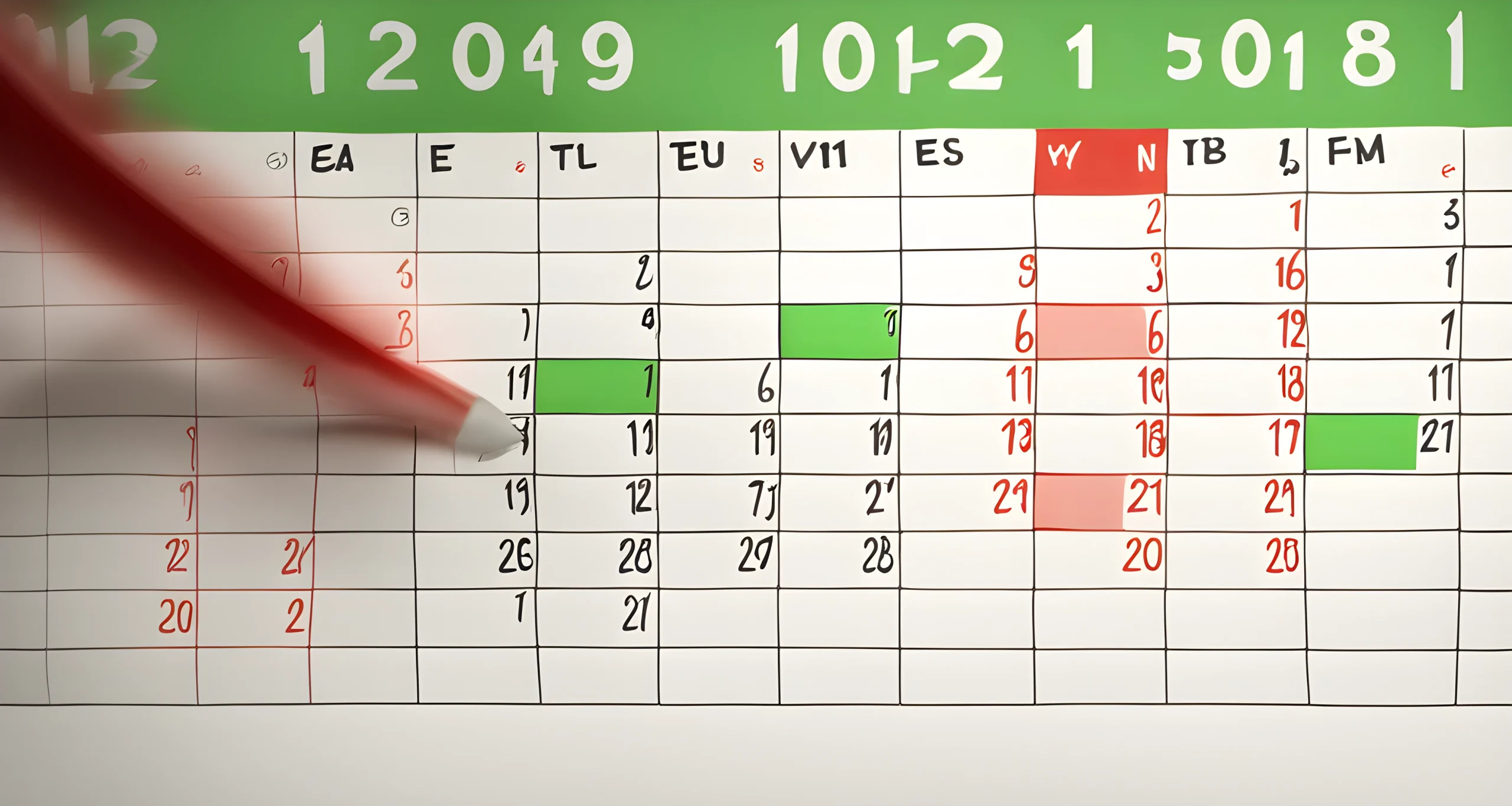Introduction
When it comes to finding cheap flights, there are several factors to consider in order to save money on your travel expenses. One important factor to take into account is the days of the week that you choose to fly. According to industry experts, Tuesdays, Wednesdays, and Saturdays are generally the cheapest days to fly. This is due to lower demand from both leisure and business travelers, resulting in lower ticket prices. On the other hand, Fridays and Sundays tend to be more expensive, as they have higher demand from leisure and business travelers.
By being flexible with your travel dates and considering flying mid-week, you can potentially save a significant amount of money on flights. It’s important to keep this in mind when planning your next trip and looking for the best deals on airfare.
In addition to considering the days of the week, there are other factors that can also impact the cost of your flights. These factors include the time of year, the specific destination, and the airline you choose. By taking all of these factors into consideration and being proactive in your search for the best deals, you can maximize your savings and make your travel budget go further.
To complement your budget-friendly flight choices, it’s also important to consider economical lodging choices. You can explore Economical lodging choices that offer affordable accommodations without sacrificing comfort or quality. Pairing cheap flights with budget-friendly hotel options can help you stretch your travel budget and make the most of your next adventure.
In this article, we will delve into all aspects of finding cheap flights, including specific strategies for saving money on airfare and making informed decisions about your travel expenses. Whether you’re planning a weekend getaway or a longer vacation, understanding the cheapest days to fly is just one piece of the puzzle when it comes to optimizing your travel budget. Stay tuned for our comprehensive guide on how to find cheap flights and make the most of your travel budget.
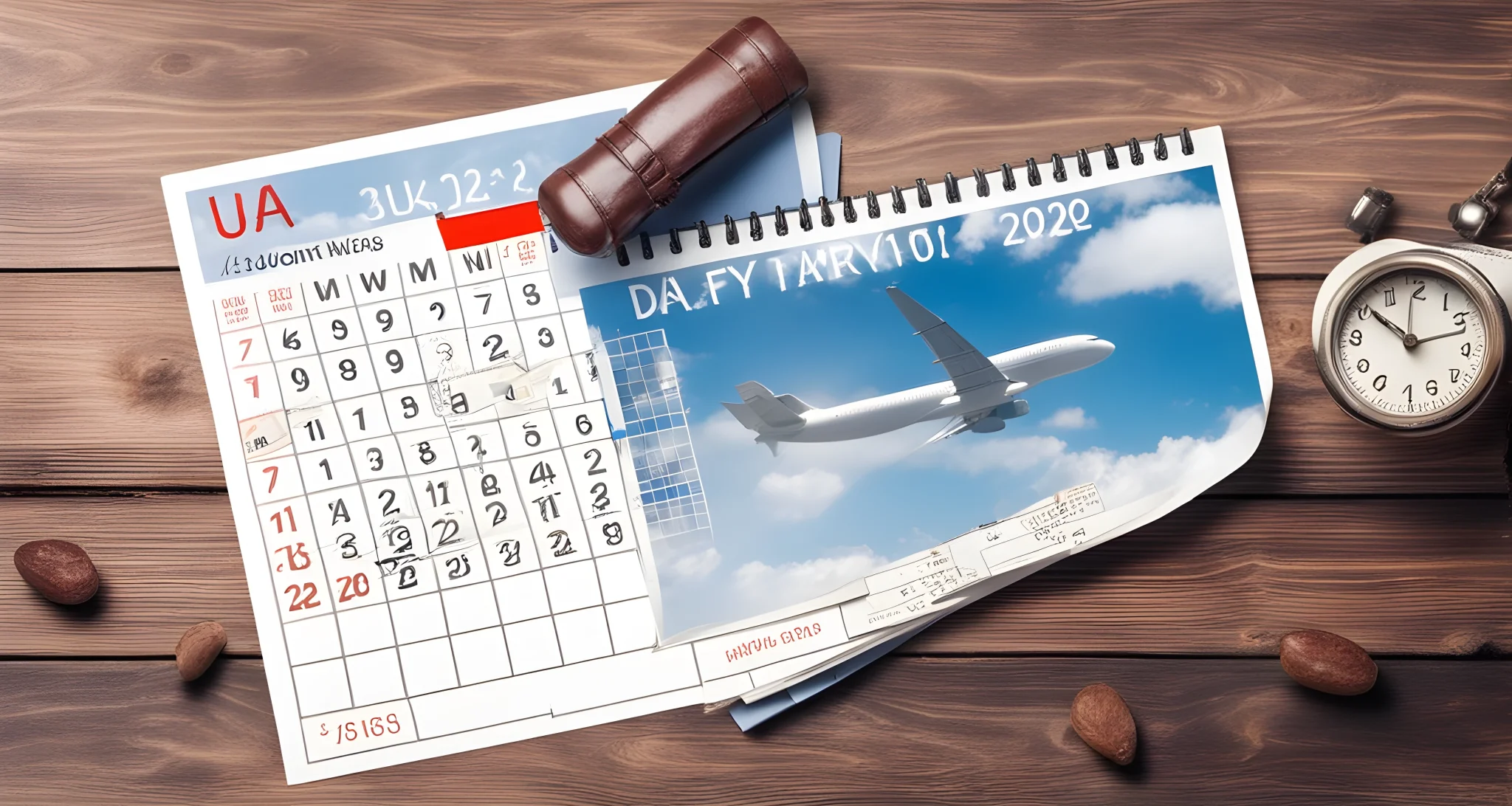
Factors to Consider for Budget Travel
When planning budget travel, there are several factors to consider that can impact the cost of your trip. One of the key considerations is the day of the week you choose to fly. However, in addition to this factor, the time of day you fly can also play a significant role in determining the price of your flight.
Time of Day Impact
- Early Morning and Late-Night Flights: These flights are often cheaper than midday flights due to lower demand.
- For example, a flight from New York City to Los Angeles on September 21, 2024, is significantly cheaper at 8:10 a.m. compared to 3:15 p.m.
Considering the time of day when booking your flight can help you save money and stick to your travel budget. In addition to finding cheaper flights, there are several other factors to keep in mind when looking for budget-friendly travel options.
Other Factors to Consider
- Seasonal Demand: Traveling during off-peak seasons can result in lower flight and accommodation costs.
- Flexible Travel Dates: Being open to different travel dates can help you take advantage of cheaper flight options.
- Budget Airlines: Consider flying with budget airlines that offer lower fares compared to major carriers.
- Alternative Airports: Flying into smaller or alternative airports can sometimes lead to more affordable options.
By taking these factors into account, you can create a detailed travel budget that includes cost-saving strategies for your flights. In addition to considering these factors when booking your flights, it’s important to note that there are additional resources available for budget travelers. For example, you can refer to the Ultimate solo travel guide for comprehensive tips on solo budget travel.
Overall, by keeping these factors in mind and utilizing resources for budget travelers, you can effectively plan and execute a cost-effective trip that aligns with your financial goals.
Stay tuned for our next section on creating a detailed travel budget spreadsheet, where we will provide step-by-step guidance on managing your travel expenses effectively.
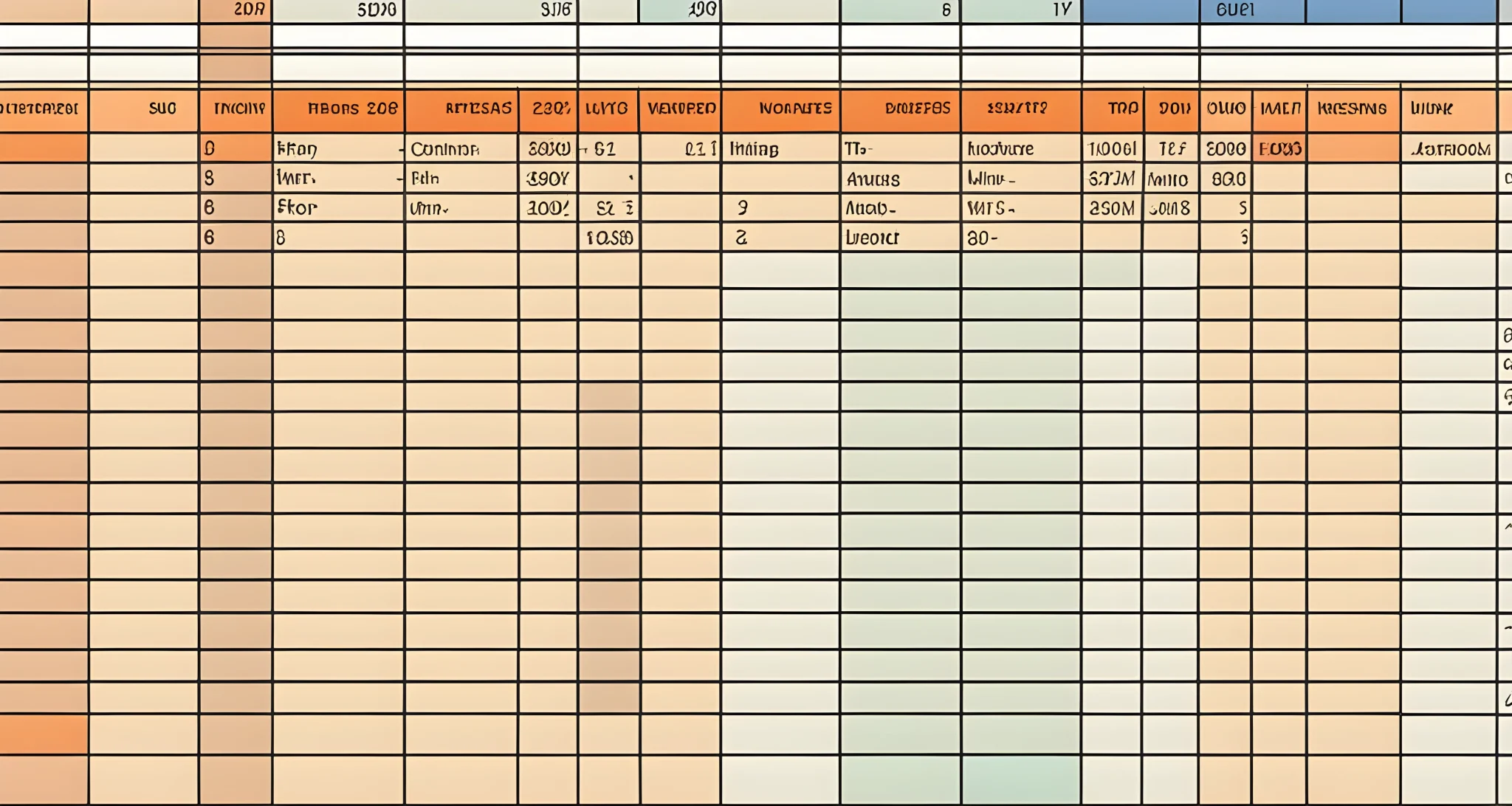
Creating a Detailed Travel Budget Spreadsheet
When planning for budget travel, creating a detailed travel budget spreadsheet is essential to manage your expenses effectively. By organizing your expenses in a spreadsheet, you can easily track and monitor your spending throughout the trip. Here are some tips to help you create a comprehensive travel budget spreadsheet:
Shop Early and Compare Prices
- To save money on flights, it’s important to shop early and compare prices across different airlines and travel websites. By starting your search early and staying flexible with your travel dates, you can take advantage of lower prices. It’s also worth considering connecting flights, as they can often be cheaper than non-stop options.
Accommodation Costs
- Research various accommodation options such as hotels, hostels, or vacation rentals, and include the cost of accommodation in your budget spreadsheet. Consider factors such as location, amenities, and reviews to find the best value for your money.
Transportation Expenses
- Include transportation expenses such as flight tickets, local transportation, and car rentals in your budget spreadsheet. By comparing prices and considering different transportation options, you can find the most cost-effective ways to get around during your trip.
Daily Expenses
- Estimate the daily expenses for meals, sightseeing, shopping, and other activities. Research the average costs at your destination to ensure that your budget is realistic and sustainable throughout your trip.
Emergency Fund
- Set aside an emergency fund in your budget spreadsheet to cover unexpected expenses or emergencies that may arise during your travels. It’s important to be prepared for any unforeseen circumstances that could impact your budget.
By creating a detailed travel budget spreadsheet that includes all of these factors Smart Budget Travel Advice, you can effectively plan and manage your expenses while ensuring that you stay within your budget. This level of organization will help you make informed decisions about where to allocate your funds and ultimately enjoy a more stress-free travel experience.
Remember that being proactive and thorough in creating a detailed travel budget spreadsheet will enable you to have a clear overview of your expenses, identify areas where you can save money, and ultimately make the most out of your travel budget.
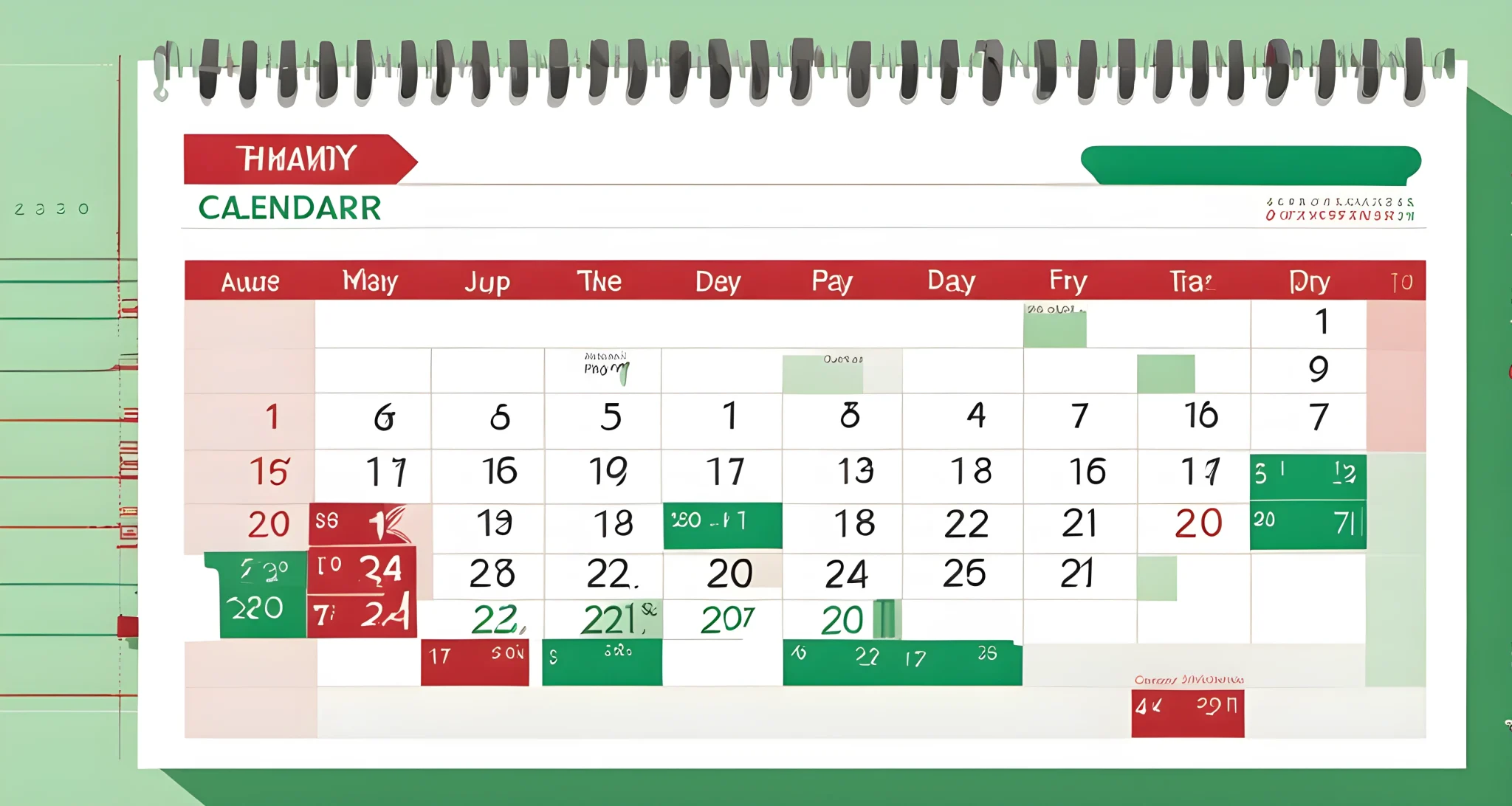
Refining Your Budget with Expense Categories
Now that you have a general overview of your travel expenses, it’s time to refine your budget with more specific expense categories. This will help you break down your costs even further and ensure that you don’t overlook any potential expenses.
Key Expense Categories to Consider:
- Accommodation: Include the cost of hotels, hostels, or vacation rentals. Consider whether you’ll be staying in different accommodations throughout your trip.
- Transportation: Factor in the cost of flights, train tickets, rental cars, and local transportation such as buses or taxis.
- Food and Dining: Estimate how much you’ll spend on meals each day, including dining out and groceries if applicable.
- Activities and Excursions: Budget for any sightseeing tours, museum entrance fees, or adventure activities you plan to do during your trip.
- Travel Insurance: Don’t forget to include the cost of travel insurance to protect yourself in case of any unexpected events.
Use a Detailed Spreadsheet:
Now that you have identified these key expense categories, it’s essential to include them in your budget spreadsheet. Create a separate section for each category and allocate a specific amount of money to it. This will help you see where the majority of your funds are going and identify areas where you may need to adjust your spending.
Tips for Refining Your Budget:
- Research: Use online resources or travel apps to get an idea of how much certain expenses will cost in your destination.
- Flexibility: Be prepared for unexpected expenses by including a buffer in your budget for miscellaneous costs.
- Comparison Shopping: Look for deals and discounts on flights, accommodation, and activities to help lower your overall expenses.
By refining your budget with specific expense categories, you can gain a better understanding of where your money will be spent during your trip. This level of detail will also help you make informed decisions about where you can cut back or reallocate funds to maximize your travel experience. For more tips on family-friendly travel deals, check out Family trip budget hacks for additional insights on traveling with kids on a budget.
Keep in mind that while creating a detailed budget may seem time-consuming, it can ultimately save you money and reduce the stress of overspending during your travels.
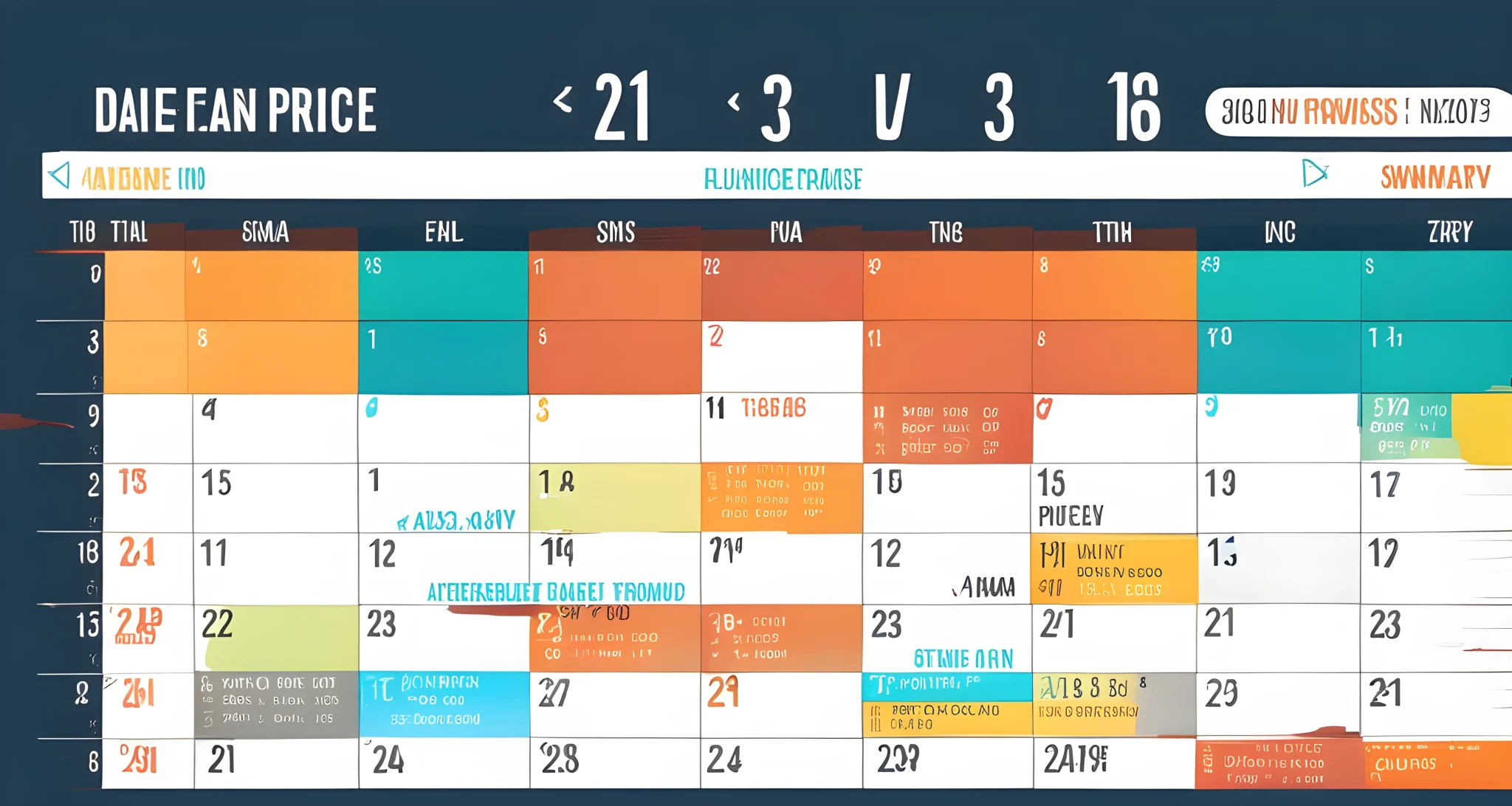
Budgeting by Item or Category
When it comes to refining your travel budget, breaking down expenses into categories can provide a more detailed understanding of your spending habits. By organizing your expenses into specific categories such as food, entertainment, transportation, and activities, you can gain better insights into where your money is going and identify areas where you can make adjustments. Here are some tips for budgeting by item or category:
-
Identify Your Priorities: Determine which categories are the most important to you and allocate a larger portion of your budget towards those areas. For example, if experiencing local cuisine is a priority for you, allocate more funds towards the food category.
-
Track Your Spending: Keep a close eye on your expenses within each category to ensure that you are staying within your budget. This will help you identify any overspending and make necessary adjustments to stay on track.
-
Make Informed Decisions: By categorizing your expenses, you can make informed decisions about where to allocate your funds. For instance, if you notice that a significant portion of your budget is going towards entertainment, you can decide whether to cut back in that area and reallocate those funds to other categories.
-
Maximize Travel Rewards: Take advantage of travel rewards offers to save money on flights, hotels, and other travel expenses. Utilize rewards programs and discounts to stretch your budget further and make the most of your travel experience. Learn more about maximizing travel rewards offers here.
-
Splurge vs. Save: With a detailed breakdown of your expenses, you can identify areas where you can afford to splurge and where you need to save. If dining out at high-end restaurants is a priority for you, you may decide to save in other areas such as transportation or activities.
By budgeting by item or category, you can gain a deeper understanding of your spending habits and make more informed decisions about where to allocate your funds. This level of detail allows for better financial planning and ensures that you get the most out of your travel experience while staying within budget.
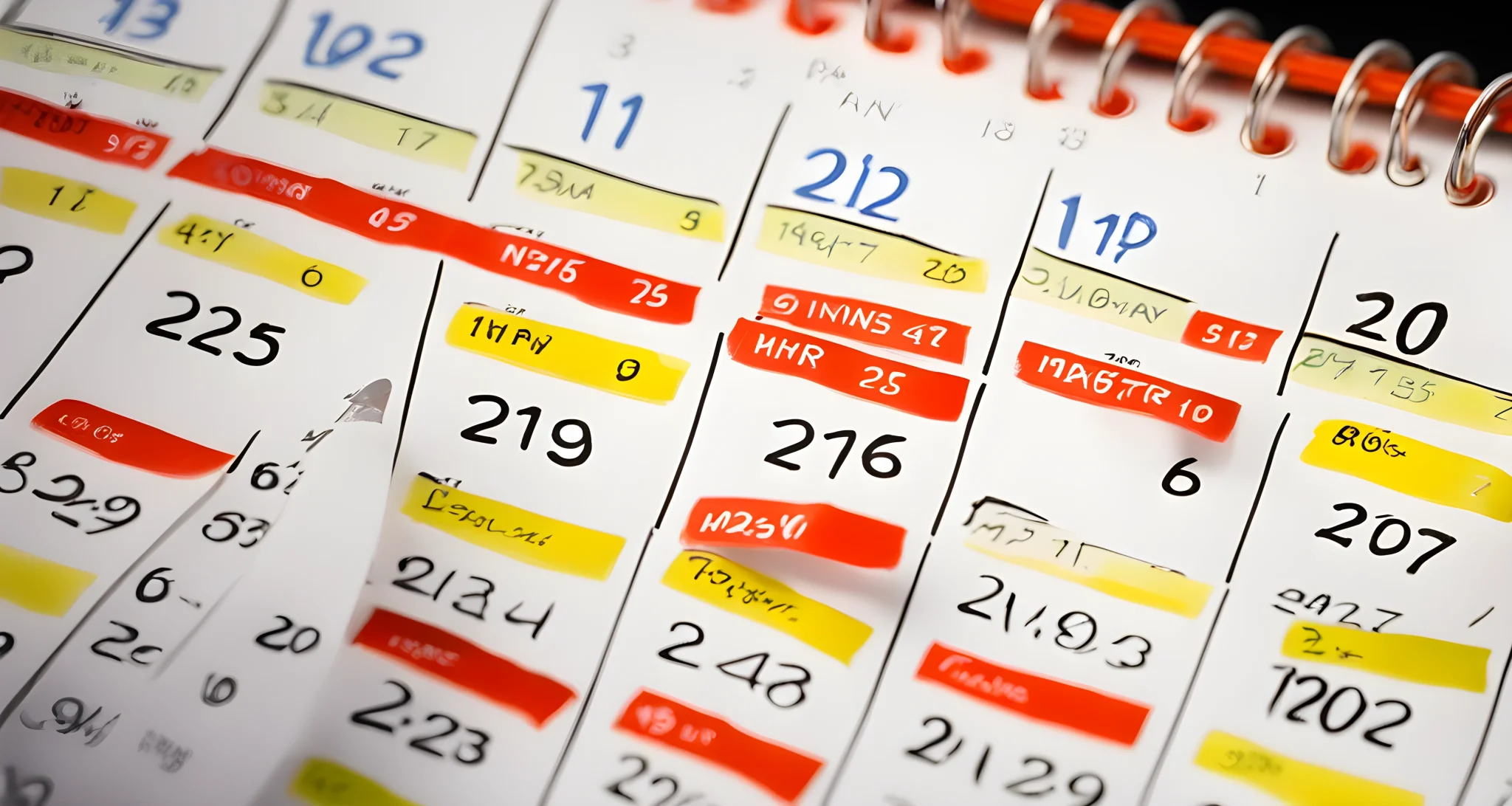
Conclusion
In conclusion, budget travel requires careful planning and consideration of various factors, such as travel dates, flight times, and expense categories. By being flexible, comparing prices, and creating a detailed budget, you can maximize your travel budget and make the most of your trip. Taking advantage of airline rewards programs and credit cards can also help you save money on flights and other travel expenses.
Additional Tips for Budget Travel
- Utilize Low-cost backpacking guidance to learn more about budget-friendly travel tips.
- Be open to traveling during off-peak seasons or non-traditional travel days to find the best deals on flights and accommodations.
- Consider alternative lodging options such as hostels, guesthouses, or vacation rentals to save on accommodation costs.
- Look for free or low-cost activities at your destination to minimize entertainment expenses.
- Pack light and avoid extra baggage fees by only bringing the essentials for your trip.
Making the Most of Your Travel Budget
- Keep an eye out for last-minute deals or flash sales on flights and accommodations.
- Consider using public transportation or walking instead of renting a car or taking taxis to save on transportation costs.
- Look for ways to save on dining expenses, such as cooking your own meals or seeking out affordable local eateries.
By following these tips and staying organized with a detailed budget spreadsheet, you can ensure that you get the most value out of your travel budget. With careful planning and resourcefulness, even those on a tight budget can enjoy amazing travel experiences without breaking the bank. Safe travels!
FAQ
What are the cheapest days to fly for cheap flights?
The cheapest days to fly for cheap flights are generally considered to be tuesdays, wednesdays, and saturdays, while fridays and sundays tend to be more expensive.
Why are mid-week flights cheaper?
Mid-week flights are cheaper due to lower demand from both business and leisure travelers.
Are early morning and late-night flights cheaper than midday flights?
Yes, early morning and late-night flights tend to be cheaper than midday flights.
How can i save money on flights?
To save money on flights, it is recommended to be flexible with travel dates, shop early, consider connecting flights, compare prices across different airlines and travel websites, set price alerts, and take advantage of airline rewards programs and credit cards.
